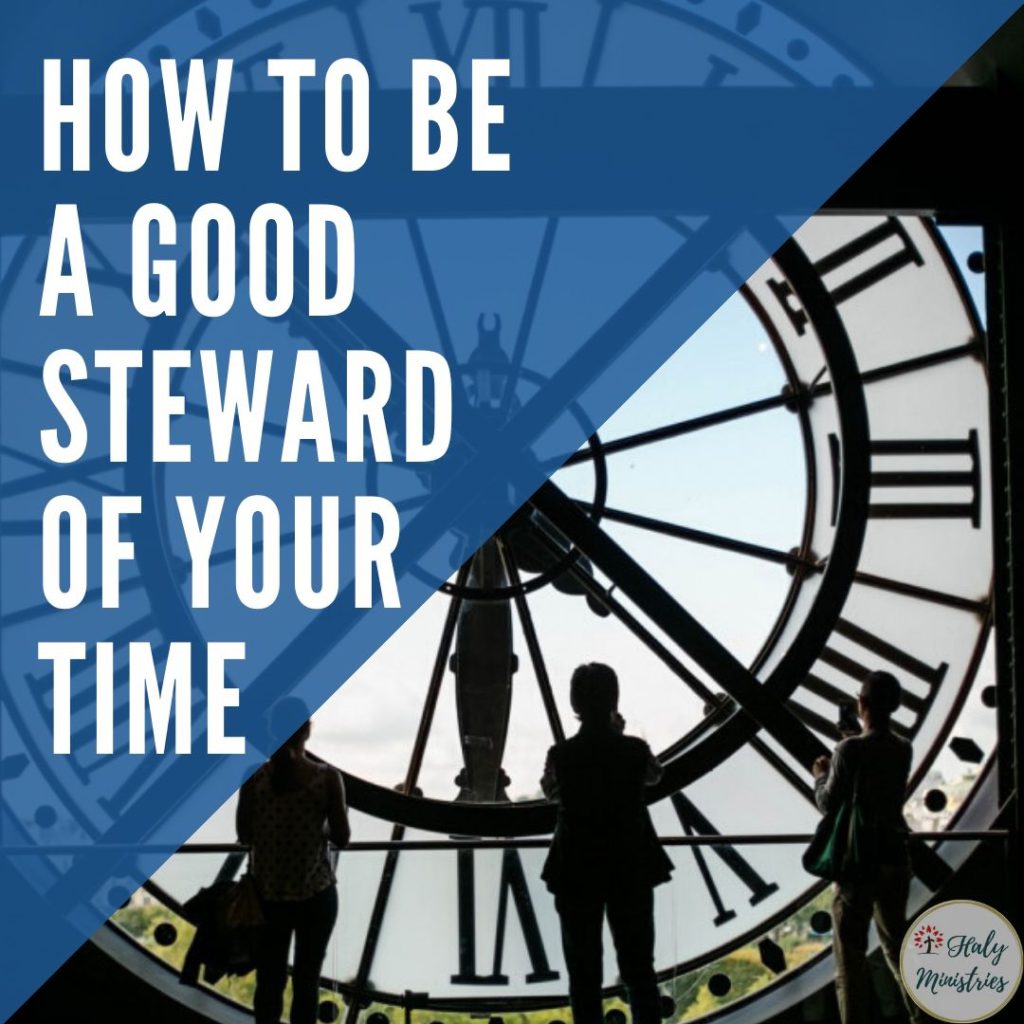
Stewardship rightly understood is about money, but it is also about these very basic spiritual matters. Do you live so that you can make the lives of other people and the created order richer through encounters with you? Or do you live in competition with other people for a finite pool of resources? Is your life invested in others, or is your life invested in yourself? Stewardship is also about how you understand yourself to be in relation with the rest of creation. Do you understand God to be a generous loving God who has entrusted more into your care than you could ever deserve or exhaust? Or do you understand God as one who must be appeased by you diminishing your already scarce possessions through giving some to the church, because you really ought to? Is your relationship with God characterized by abundance or by scarcity? Stewardship is about how you understand yourself to be in relation with God. Stewardship is about the giving, and it is about so much more. No steward worth his or her salt would do that. To do otherwise would be to hoard for personal use that which belongs to another. The Bible is concerned that God’s people give generously to those in need. (Matthew 22:36-39) One of the best examples of stewardship we have is the Good Samaritan who freely gives of his time, talents, money and possessions to help his neighbor in need, a beaten man lying on the side of the road. Good stewardship of money and possessions is one of the ways that we live out the greatest commandment to love God and neighbor with our whole selves. So, what should we do with our money and possessions? One of the best things that we can do with our money and possessions is use it to serve our neighbors in need. What we do with money and the hold that it has on us is either positive or negative. (1 Timothy 6:10) Money is a neutral object. As Timothy The companion on Paul's later journeys for whom two pastoral epistles are named More writes, it is the “love of money” that is the root of all kinds of evil. However, it is important to note that the Bible does not say that money itself is bad. Thus, Jesus is very clear that we cannot serve both God and wealth, because both desire an important claim on us. What we do with our money is a spiritual matter as much as it is a financial matter. The place where we choose to invest our money and possessions is also the place where we invest our heart. He warns them, “where your treasure is, there your heart will be also” ( Matthew A tax collector who became one of Jesus' 12 disciples More 6:21).

In Matthew 6, Jesus encourages his followers to build up treasures in heaven rather than on earth. Money and possessions have a special hold on our lives. The places where we earn, invest, spend and save our money matter just as much to God as where we give it away. God owns everything, and has seen fit to entrust some of God’s stuff into our care, our management, our stewardship.īecause God owns it, what we do with our money and possessions matters. A steward is the trustee of that which is owned by someone else. A steward is a manager of someone else’s property. A steward is a person who takes care of that which belongs to another. A steward, by definition, cannot be the owner. This leads to a second important point, that we are stewards. The Bible announces, “We don’t own anything. Our world would define us, and value us, based on how much we own. To twenty-first century ears, this claim is so audacious because it is totally counter-cultural. Psalm 24:1-2 puts it this way, “The earth is the Lord’s and all that is in it, the world, and those who live in it for he has founded it on the seas, and established it on the rivers.” God is the owner of all that is, because God is the creator of all that is. In the book of Revelation (which speaks of end times) the author declares that God created all things and. Genesis says that in the beginning God created the heavens and the earth. To make this claim, a connection is made between creation Creation, in biblical terms, is the universe as we know or perceive it. The Old Testament has plenty to say about God’s generosity, our abundance, and both the responsibilities and the dangers of having material possessions.Īt the heart of what the Bible says about money and possessions is the rather audacious claim that God owns everything.

Someone has observed that other than the Kingdom itself, Jesus Jesus is the Messiah whose life, death, and resurrection are God's saving act for humanity More talks about money more than any other topic.

What does the Bible say about money and possessions? Obviously, a lot.


 0 kommentar(er)
0 kommentar(er)
